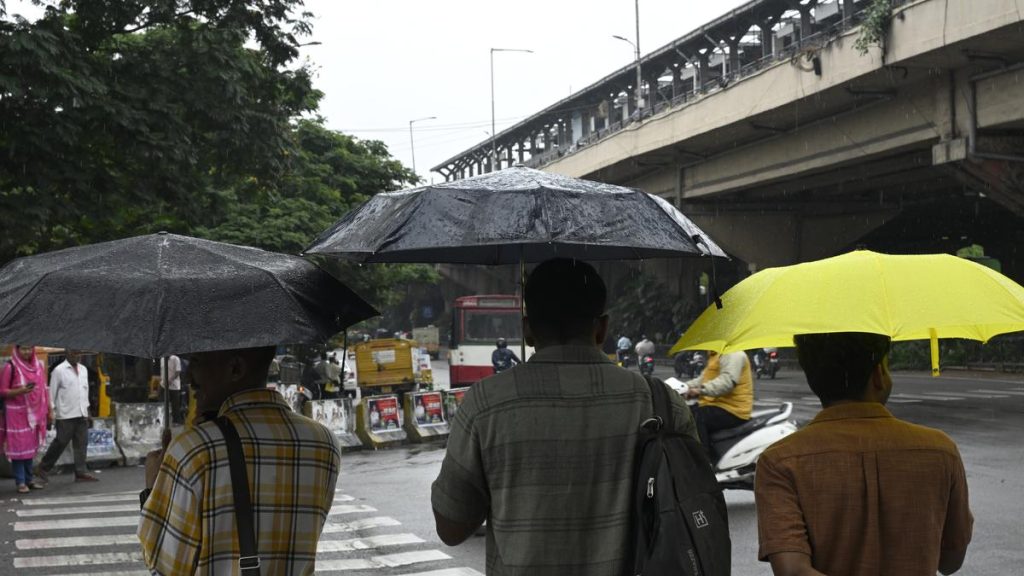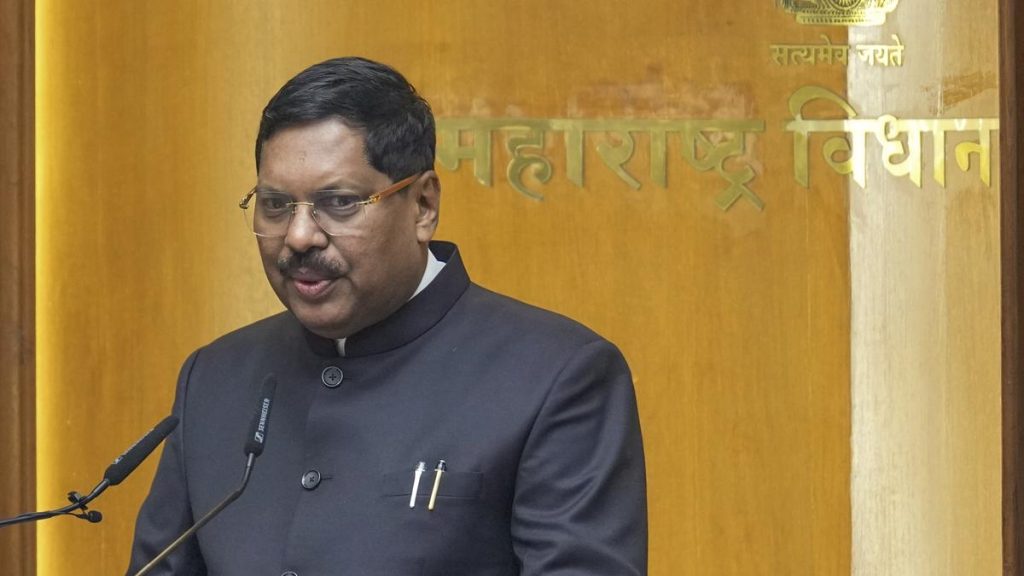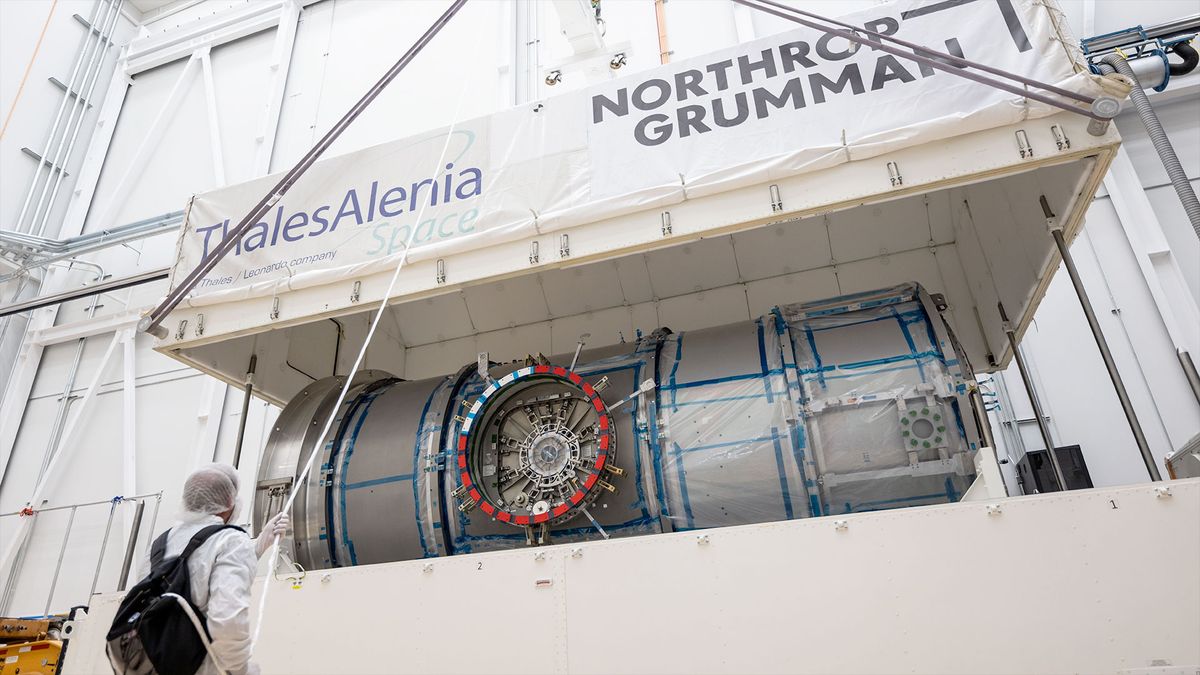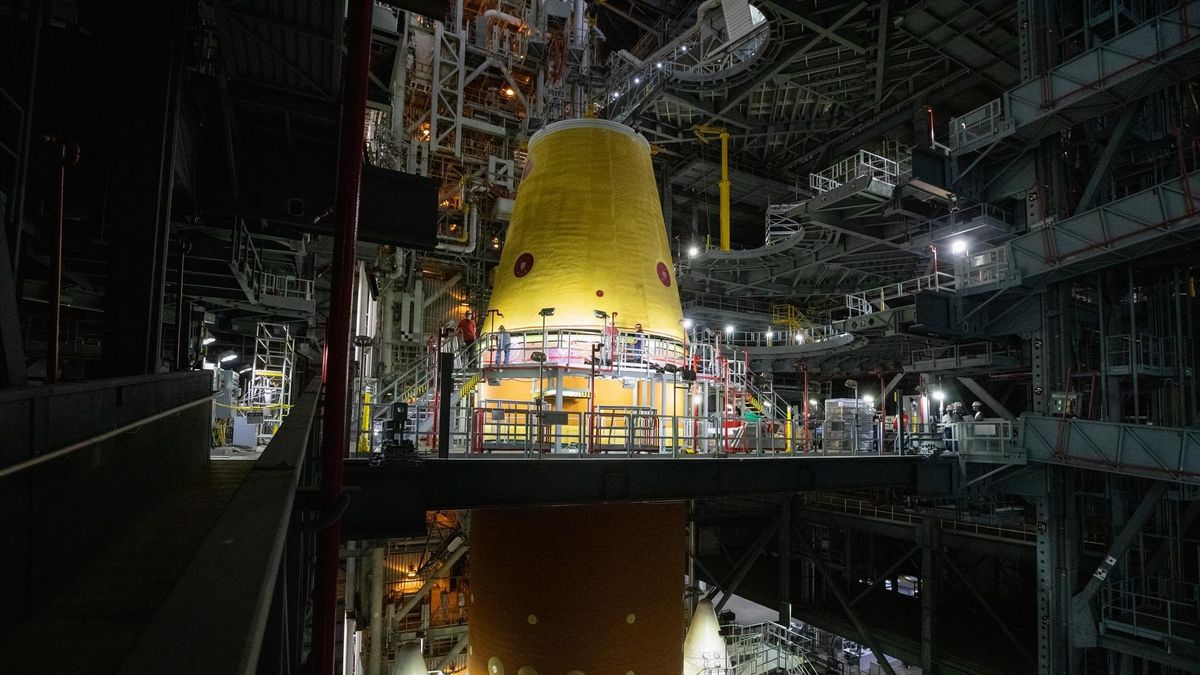Now Reading: Japan’s Hayabusa2 Asteroid Probe Enters ‘Safe Mode’ After Glitch
-
01
Japan’s Hayabusa2 Asteroid Probe Enters ‘Safe Mode’ After Glitch
Japan’s Hayabusa2 Asteroid Probe Enters ‘Safe Mode’ After Glitch
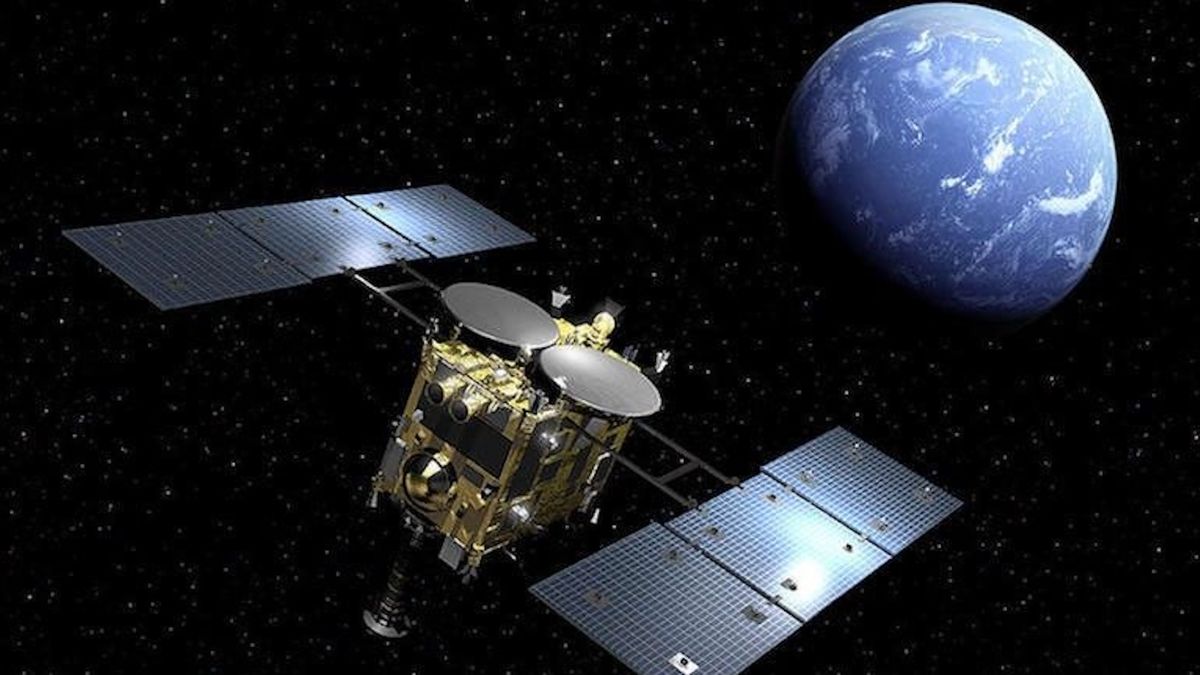
Speedy Summary
- Japan’s asteroid-sampling spacecraft, Hayabusa2, entered protective “safe mode” on March 21, due to an abnormality detected during its extended mission.
- communications between Hayabusa2 and Earth remain stable; investigation is underway to assess the situation’s impact.
- Hayabusa2 previously delivered samples of asteroid Ryugu to Earth in December 2020, marking a notable scientific milestone.
- After completing its primary mission, Hayabusa2 embarked on an extended mission toward asteroid 1998 KY26, expected to reach in 2031.
- Launched in December 2014, the spacecraft spent over a decade operating in space-including an 18-month study of Ryugu-and successfully landed its sample capsule in Australia’s Woomera Prohibited Area.
- As JAXA evaluates Hayabusa2’s condition,the agency is preparing for future missions such as the MMX Mars moon sample-return mission planned for launch next year.
Indian Opinion Analysis
The developments surrounding japan’s advanced spacecraft highlight the increasing sophistication of global space exploration efforts. The success of Hayabusa2-both in delivering pristine asteroid samples and operating autonomously for over a decade-adds valuable context for India’s ongoing advancements within space science. Wiht ISRO gearing up major projects like Gaganyaan and interplanetary explorations (e.g., Chandrayaan and Mangalyaan), such international achievements serve as benchmarks.
Moreover, challenges faced by enduring missions like this underline operational risks involved with long-term extraterrestrial ventures-a prudent learning opportunity as India expands into ambitious multi-year missions beyond our solar system. Collaboration or knowledge exchange between nations can enhance collective innovation while addressing technical hurdles.
JAXA’s planning of successive missions despite current setbacks suggests resilience worthy of emulation by India’s growing space programs. It encourages sustained growth cycles rather than interruptions caused by isolated anomalies-a mindset that could benefit both ISRO scientists and policymakers alike when strategizing India’s role on the extraterrestrial frontier.


